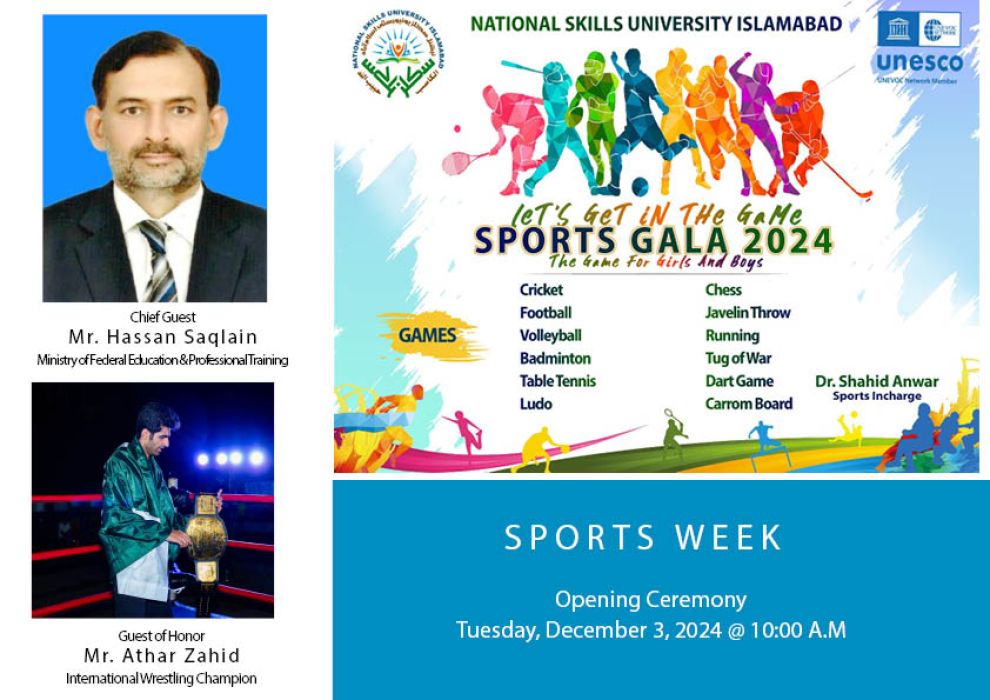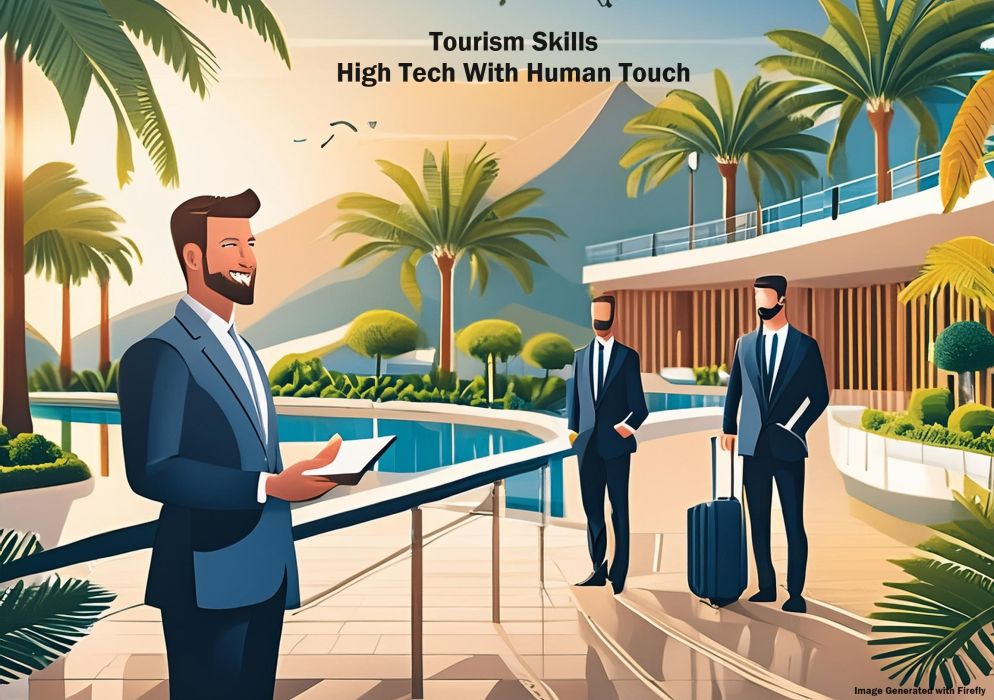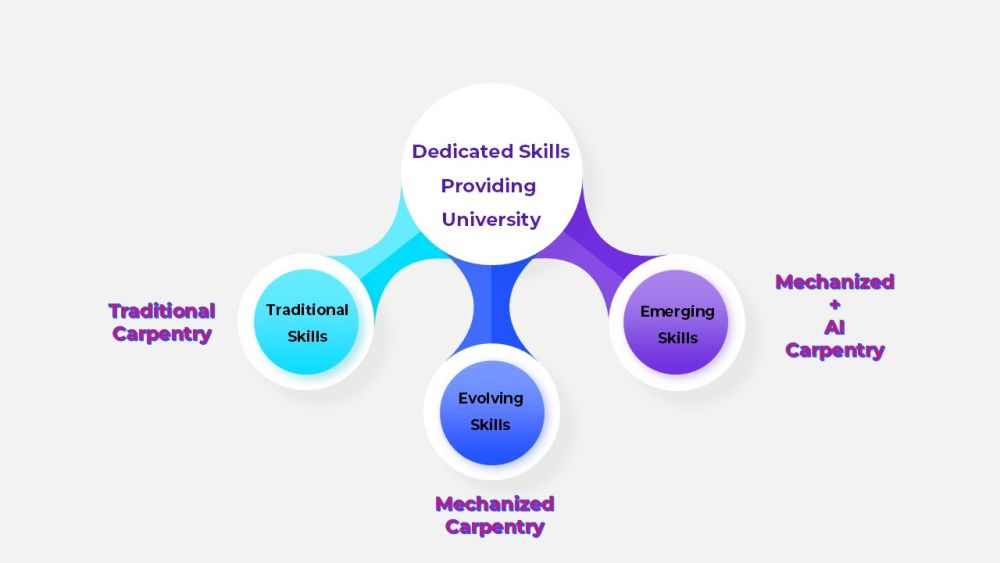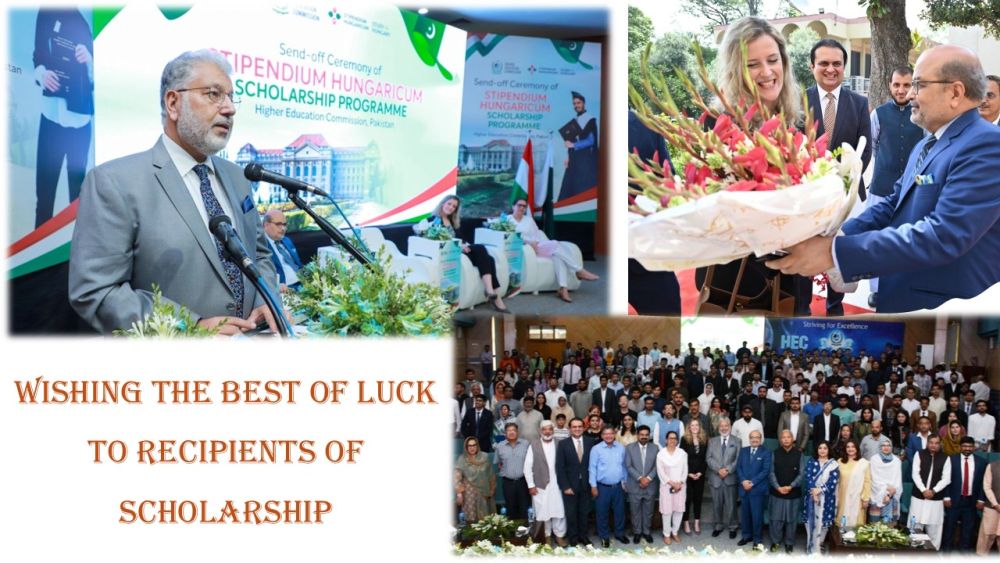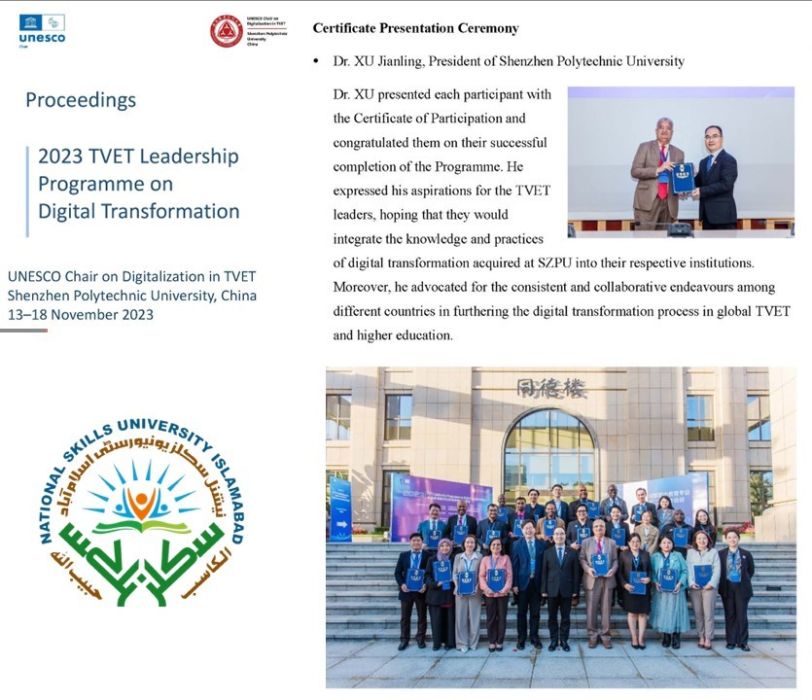147/25 South Asia's Brightest Spark: Pakistani Students Shine in APAC Tech Arena
Posted 6 months ago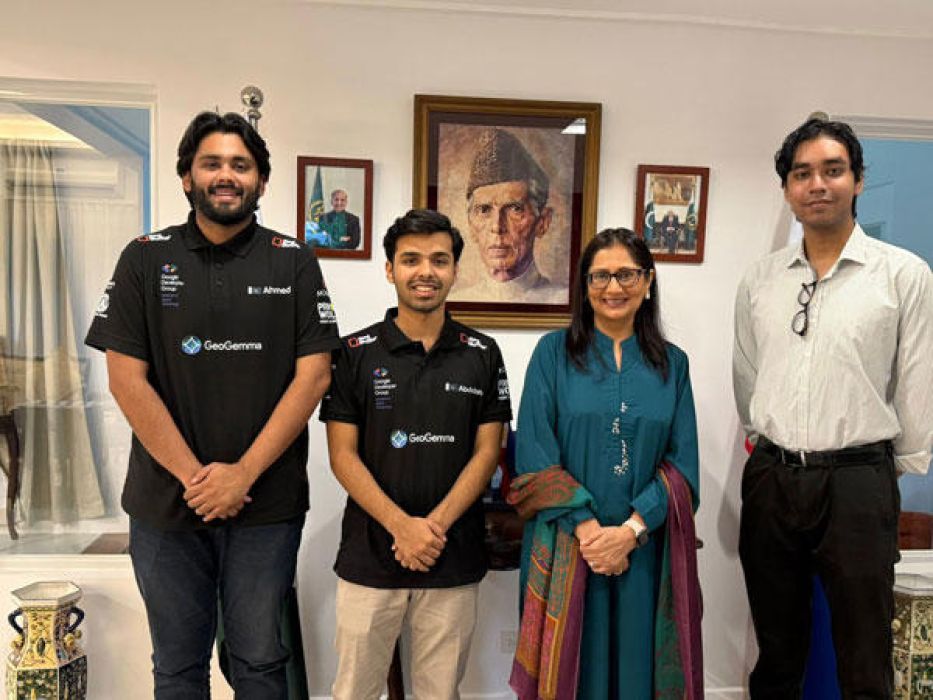
In a display of innovation, determination, and global competitiveness, Pakistani students have proven that talent knows no boundaries. At the 2025 Asia Pacific (APAC) Solution Challenge, an initiative powered by Google Developers in collaboration with the Asian Development Bank (ADB), Pakistani youth showed technological brilliance and purposeful creativity.
Two teams - Team GeoGemma from the Institute of Space Technology and Team (N+1)th Time from the National University of Computer and Emerging Sciences, Islamabad rose to prominence in a challenge that brought together over 1,300 students from 300+ universities across the Asia-Pacific region.
This wasn't just about winning awards. It was about demonstrating how Pakistan's next generation can create real solutions to real problems - and why every young mind must take this moment as a call to build, explore, and lead with conviction.
GeoGemma: Earth, AI, and Purpose
Team GeoGemma created a system that fuses geospatial satellite data with generative AI to analyze natural resource degradation and environmental threats. Their application does more than visualize data; it enables proactive responses to forest loss, urban sprawl, and disaster-prone areas. The team received the "Best Use of AI" award among the four awards given globally.
GeoGemma is not merely a project but a reflection of the power of focused learning and imagination. These students went beyond textbooks, learning to harness advanced technologies like the Gemini AI model, Google Earth Engine, and satellite image processing. They didn't just dream; they delivered.
(N+1)th Time: Innovation with Empathy
The second team's project, "Matra," is a neurodivergent-friendly document editor that integrates innovative layout suggestions, dyslexia-friendly fonts, and clutter-reducing designs. This is not just software; it is a social statement. At a time when inclusion often lags behind innovation, these students made it central to their creation.
With this project, they won the "Best Universal Design" award, emphasizing how thoughtful engineering can empower individuals across ability spectrums.
Lessons for Youth
What makes this achievement monumental is that Pakistani teams competed, they excelled in categories that reflect both technical depth and human sensitivity. Team GeoGemma tackled the challenge of natural resource degradation and environmental threats, while Team (N+1) th Time addressed the issue of digital inclusion for neurodivergent individuals.
1. Learning is Not Just Academic—It's Transformational
These students didn't rely solely on traditional teaching. They tapped into open-source platforms, international mentorship, and self-learning to build world-class solutions. In a digital age, your ability to learn independently to go beyond the curriculum sets you apart.
2. Innovation Begins with a Problem
Both teams shared a purpose. Whether protecting the environment or making digital tools more accessible, they identified real problems around them. For youth everywhere: look around your communities. Find what needs fixing. That's where your ideas begin.
3. Global Platforms Await Local Brilliance
Pakistan was the only country from South Asia represented among the winning teams. This isn't just a medal of pride; it's a resounding message. Our youth have what it takes to compete and collaborate on global stages. The next big app, medical tool, climate solution, or accessibility platform can and must come from here.
4. Collaboration Builds Greatness
Behind every project was a team dynamic, bolstered by mentorship from Google Developer Experts and ADB specialists. This mentorship was instrumental in guiding the teams and enhancing their projects. The ability to work together across disciplines and experiences is vital. Success is no longer a solo pursuit; it's a collective effort.
To every student reading this: the world is changing fast. Climate change, digital inequality, mental health, and technological disruption are not just headlines; they are challenges that require your insight, innovation, and involvement.
The victory at the 2025 APAC Solution Challenge is not the end of the story; it's the beginning of a movement. Let this be your spark. Take an interest in coding, writing, civic engagement, design thinking, and empathy. Seek knowledge. Apply it. Fail fast. Learn again. Compete. Collaborate.
As GeoGemma and Matra show us, the journey from a classroom in Islamabad to a global spotlight begins with a straightforward question: What problem can I solve?
The nation needs more GeoGemmas, More Matras, and more students who dream big, work hard, and create solutions that serve others.
Y
our future is not written for you - you build it. The world is waiting for your ideas, your solutions, and your leadership. The future of Pakistan, and indeed the world, is in your hands.

